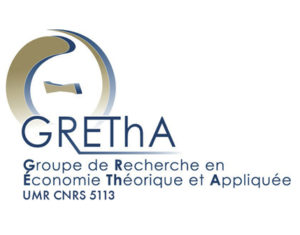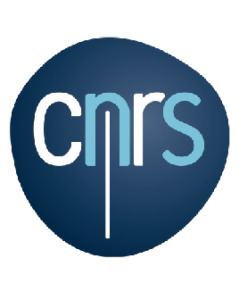NBER
Precision medicine, the targeting of therapies on the basis of an individuals biological, genetic, or clinical characteristics, is rapidly gaining prominence in health care. President Obama recently proposed to invest $215 million in a Precision Medicine Initiative, with the goal to further research into patient genetics and customized treatments. The sequencing of the human genome and rapid advances in technology have catalyzed the development of personalized medicine. Reliable and affordable genetic analysis is well within reach of many patients and payers. The majority of personalized therapies currently on the market are indicated for slowing tumor growth, or for treating infectious or orphan diseases. However, the promise has spawned a rapidly growing industry where genetic markers of disease and treatment are searched on a larger scale. The full promise of personalized and precision medicine (PPM), as healthcare innovations involving molecular diagnostics and pharmacogenomics are called, extends beyond targeting therapies for patients who are already sick. It also includes the ability to identify healthy individuals at elevated risk of disease, enabling preventive measures to be targeted towards those who could benefit most, but perhaps at substantial additional cost. PPM may upend traditional models of health insurance, reimbursement, and regulation.
This project will explore economic issues associated with this emerging field. The goal is to bring together a diverse set of papers to examine the economic and clinical factors that affect the growth of PPM, and its effect on patients, pharmaceutical firms, care providers, and insurance markets. This project will take a broad view of PPM and its potential impacts. Possible topics for research studies include, but are not limited to, the following:
→ The application of information economics to precision medicine;
→ Intellectual property protections for genetic data and its welfare consequences;
→ Interactions among regulation, reimbursement, and R&D in connection with PPM;
→ Insuring life and health risks in an era of PPM;
→ Measuring the value of linking diagnostics and therapeutics;
→ Reimbursement of combination therapies that raise efficacy for both products;
→ Regulatory and market-based approaches to ensure diagnostic quality;
→ Measuring the return to R&D in the PPM sector;
→ The welfare impact of early disease stratification and the use of genetic markers;
→ Alternative financing mechanisms for PPMs;
→ Reimbursement rules and insurance coverage guidelines for evidence-development procedures and other therapies that depend on information collected after market approval.
The project welcomes both empirical and theoretical research, as well as submissions of research by scholars who are early in their careers, and who are not NBER affiliates.
The capstone research conference associated with this project will be held in Laguna Beach, California, on September 13-14, 2017. In addition, researchers participating in the project will be expected to attend a pre-conference meeting on September 21-22, 2016, at Columbia University in New York City.






